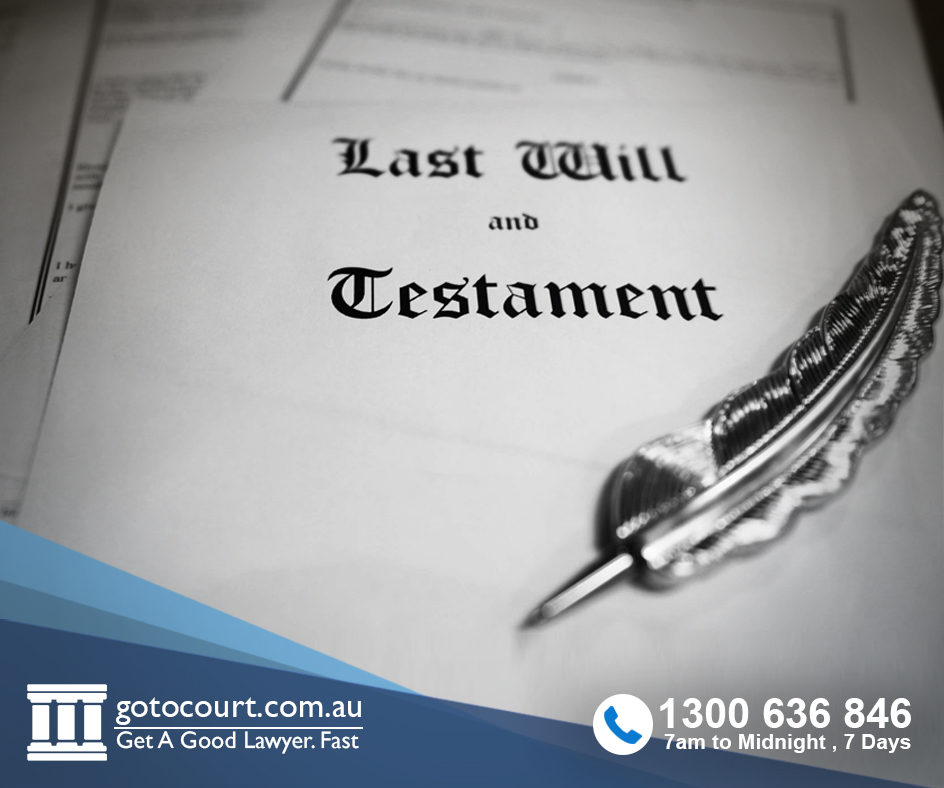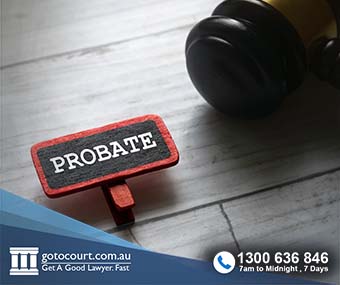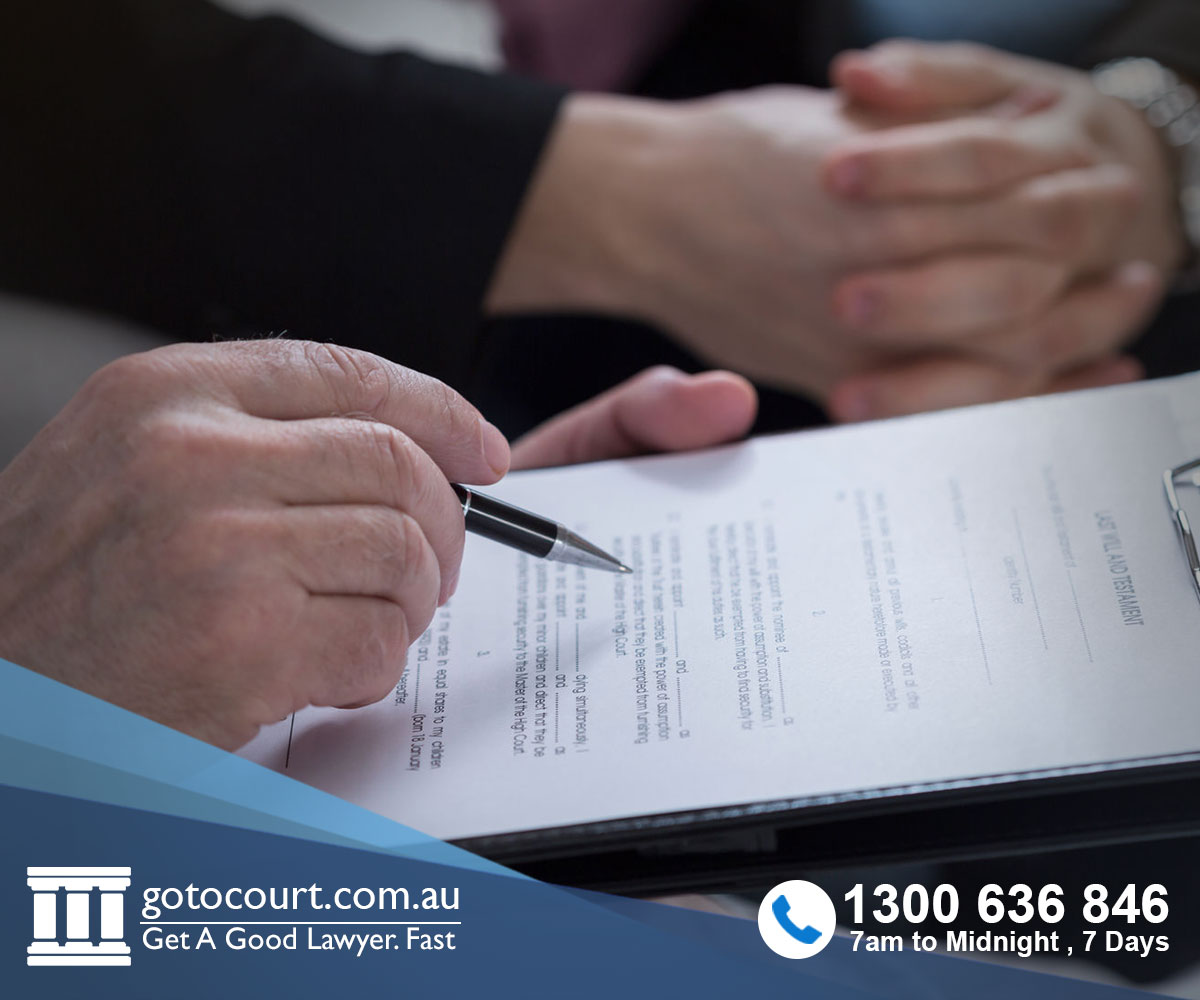Stamp Duty (Qld)
Stamp duty is a tax that is imposed on certain dutiable transactions. It is also commonly known as transfer duty. Stamp duty in Queensland is imposed under the Duties Act 2001 and administered by the Queensland Revenue Office. This page deals with stamp duty in Queensland.
Dutiable transactions
Stamp duty applies to dutiable transactions.
Examples of dutiable transactions are:
- transfers of land
- mortgage foreclosure
- trust acquisition
- trust surrender
- partnership acquisitions
- an acquisition of a new right on its creation, grant or issue
A transaction need not be in writing in order to be dutiable. The most common dutiable transactions are contracts to purchase or sell a home.
Property subject to stamp duty
Stamp duty is only imposed in relation to dutiable property. Queensland abolished ‘marketable securities’ duty in 2007. Marketable securities duty was a duty imposed on transfers of shares that were not listed on the ASX. Transfers of shares are no longer subject to stamp duty.
Chattels will only be subject to stamp duty if they form part of a dutiable transaction with another type of dutiable property.
Calculating stamp duty payable
Stamp duty is calculated based on the dutiable value of the property that forms the dutiable transaction. The dutiable value of the property is generally the amount paid, or the market value of the property free from interests like mortgages, whichever is greater.
There are specific rules that apply to calculating stamp duty in certain transactions. For example, the dutiable value for the surrender of a lease is the consideration (amount of money) paid for the surrender.
Specific rates are then applied to the dutiable value of the property. For example, if the dutiable transaction is a transfer of land worth $600,000, the amount of duty payable is $17,320 plus 4.5% of the amount over $540,000 (i.e. 4.5% of $60,000).
The rates used for these calculations change based on changes in the dutiable value of the property. Transfers for less than $5000 are not subject to transfer duty, but still need to be stamped.
Process for paying stamp duty
Stamp duty in Queensland is paid by lodging the original and counterparts of the contract that gives effect to the dutiable transaction with the Office of State Revenue. A cheque for the stamp duty payable is lodged at the same time.
Depending on the type of transaction, a form may also need to be lodged. The necessary documents must generally be filed within 30 days of the date that liability to pay duty arises. If the dutiable transaction is an agreement to transfer dutiable property, the liability arises on the date when the agreement is made.
A person may be required to pay penalties and interest if they fail to lodge on time.
Concessions and exemptions
Queensland has a significant number of concessions and exemptions from stamp duty. The most common stamp duty concession relates to purchasing a home or a first home.
A person who purchases their first home does not have to pay stamp duty if the home is valued at less than $500,000. A person who purchases their first home will pay a reduced amount of stamp duty if the home is valued at more than $500,000.
A person who purchases a home that is not their first home must pay stamp duty on the first $350,000 of the property’s dutiable value but they are eligible for a concessional rate of 1% (i.e. $3,500). This is known as the home concession.
Other concessions and exempts also apply to stamp duty. For example, there are specific exemptions relating to certain trust transactions. Transactions made during divorce proceedings are also exempt from stamp duty.
If you require legal advice or representation in any legal matter, please contact Go To Court Lawyers.








